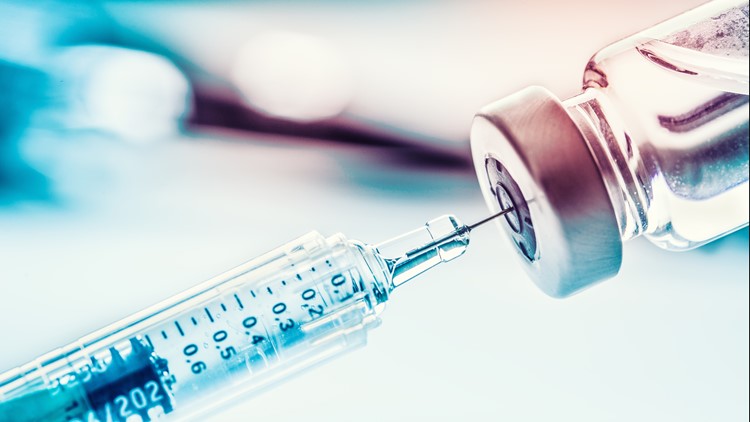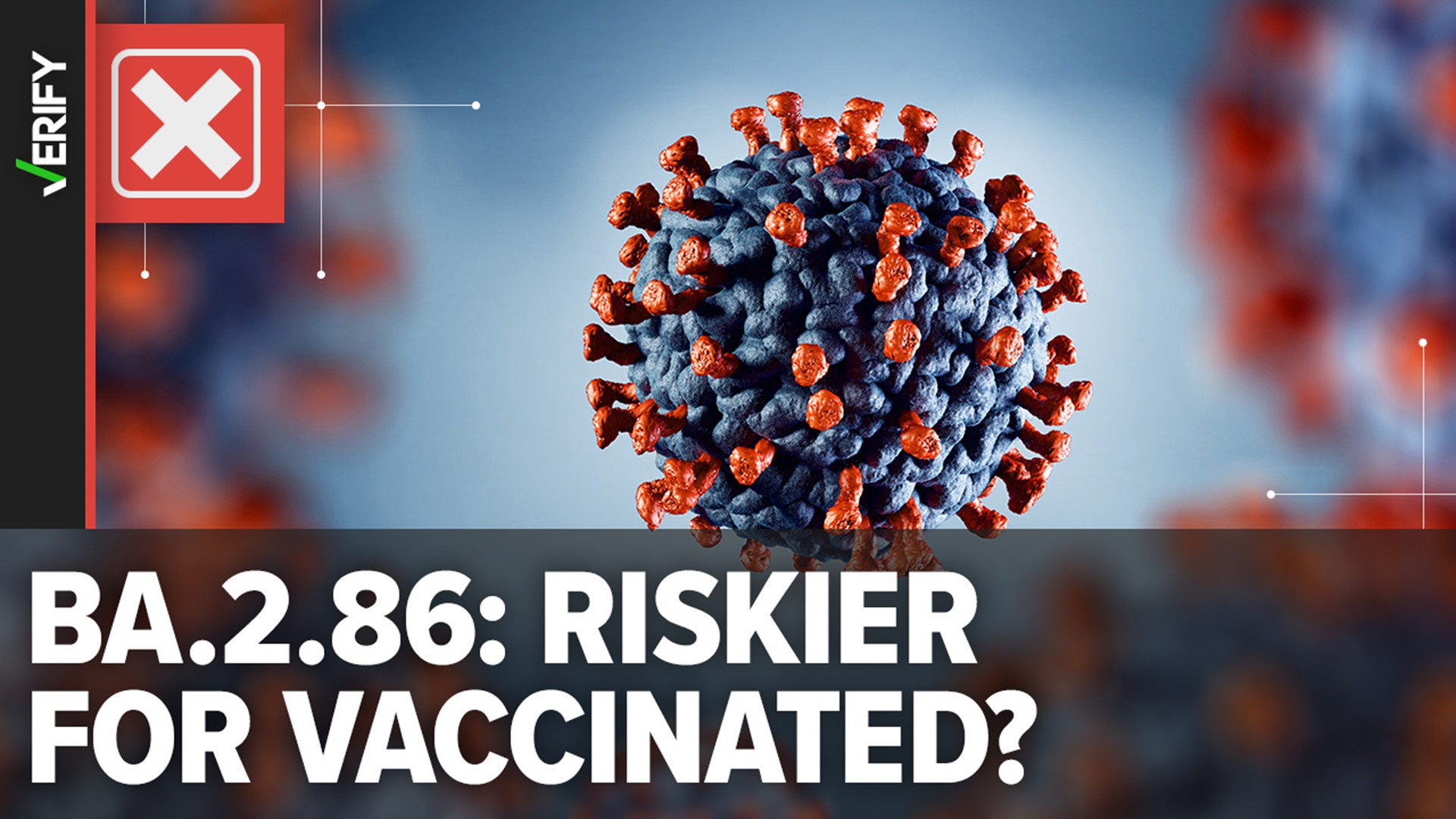ST PAUL, Minn. — Governor Tim Walz released an updated timeline on Thursday showing when various groups may have access to COVID-19 vaccines, but there’s still a big question lingering:
When will kids get their shots?
Only one vaccine, from Pfizer, has received FDA approval for any type of minor – and even that product can only be given to children 16 and older. Walz’s timeline places “people age 16 years and over with any underlying medical condition” in the late spring category, but it is difficult for experts to predict when all kids will gain widespread access.
Dr. Jill Foster, the Division Director for Pediatric Infectious Diseases at the U of M, said it’s an interesting question without firm answers right now.
“For kids under 16, we don’t have an approved vaccine. That has taken a little while, and I think people want it to take a little while,” Foster said. “Because we want to make sure we get it right.”
Last week, Dr. Anthony Fauci predicted that high school students could be vaccinated in the fall, although for younger grades, it may not happen until early 2022. Due to the lack of data, the exact timing remains uncertain.
Pfizer and Moderna, however, are both studying the impact of the vaccine on kids 12 and older and have said they’d like to share some data by the spring.
At the U of M, Dr. Foster said Fauci’s timeline of vaccinations during the 2021-2022 school year seems feasible.
“I think for the older teens, they’re probably going to be able to get the same vaccine as the adults,” Foster said, “so it’s just a matter for them of having enough vaccine supply.”
But it may not be so simple for the younger age groups. Foster pointed out that it’s common for vaccines to impact children and adults different, hence the potential need for some slight adjustments.
“Pediatricians like to say that kids are not just little adults. Sometimes, they are going to react differently,” Foster said. “Kids’ immune systems are different. They’ve had shorter time to be exposed to various pathogens and other vaccines. It’s a little bit tricky.”



